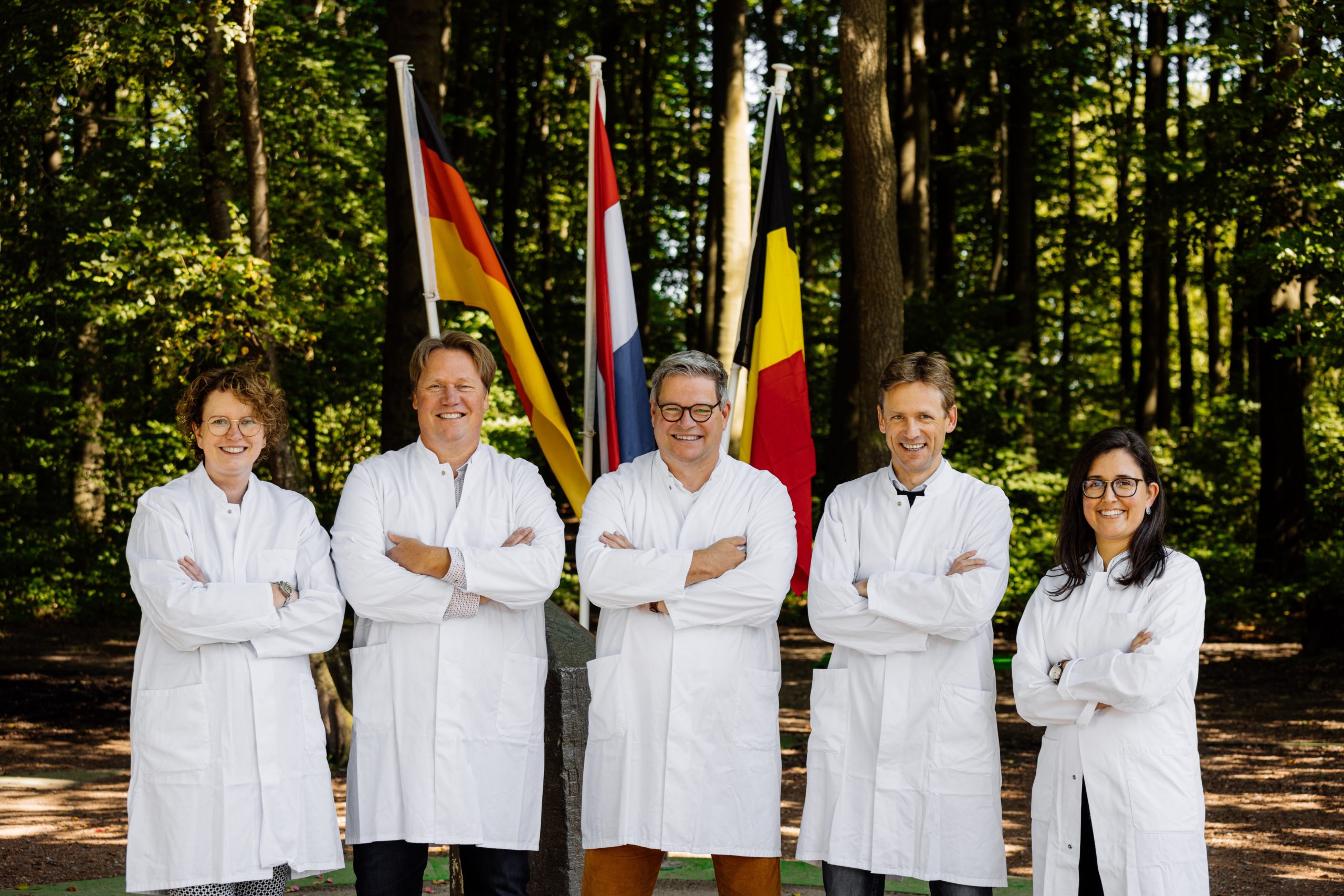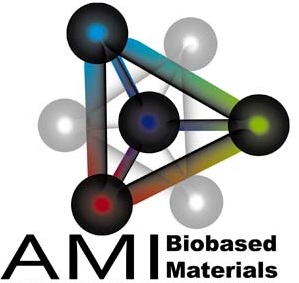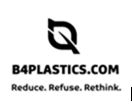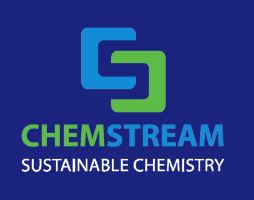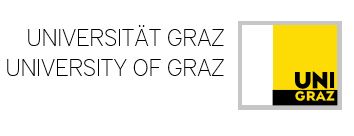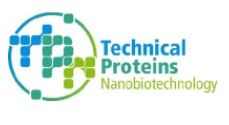Biobased Value Circle consortium consists of four European universities, one research institute and nine European companies who will each hire PhD students or host long internships (called secondments) as part of the training program.
University Maastricht (UM) – Aachen-Maastricht Institute for Bio based Materials (AMIBM)
Maastricht University is the youngest and most international university in the Netherlands, with 18,000 students, 4,400 staff and 70,000 alumni. In university rankings UM is one of the best young universities in the world (THE, QS). UM is coordinator of the Young Universities for the Future of Europe (YUFE).
UM has since 2012 a research institute AMIBM specifically dedicated to bio based materials. AMIBM is located at the Brightlands Chemelot Campus in Geleen. In close collaboration with industrial partners, AMIBM hunts for novel bio based materials and hosts experts in molecular biology, (bio) organic chemistry, polymerization, and materials physics to perform research along the value chain: synthesis of new bio-based building blocks, synthesis of materials with building blocks and detecting/evaluating the unique functionality and sustainability performance of the resulting materials. Research is done in molecular characterization, molecular modelling, life cycle assessment, polymer physics and polymer technology, including chemical modifications of polymeric materials, nanocomposites and improving thermo-mechanical and/or electrical properties.
B4Plastics
B4P is a Belgian scale-up tech company designing, developing and distributing eco-plastic products. Tomorrow’s sustainable world will increasingly require the use of local, renewable and/or biodegradable resources, and that is exactly what the company starts already today. This way, B4P products guarantee a pioneering novel balance between price, quality, functionality and sustainability.
The main mission of B4P is to catalyze the introduction of novel bio-materials in niche to bulk applications, thereby improving the ecology of the materials in terms of sourcing, logistics, consumer awareness, and/or end-of-life options. For bridging this mission to our consumers, we rephrase often as: “We want to make it easier for people to bring their relationship with everyday plastics to a higher ecological level.”
ChemStream BVBA
ChemStream is a young (2010) established company dealing with innovative chemical contract research, developing customized sustainable materials and is involved in sustainable technologies. The R&D core team has more than 20 years of experience in an application driven product development. ChemStream’s expertise lies in research, developing and scaling up of chemical products and formulations: pigments, dispersions, coatings, inks (inkjet) and functional fluids. ChemStream has the knowhow to design and/or modify the chemical components to optimize the cost and performance of the functional coatings and inks. Biocatalytic approaches are becoming one of the cornerstones of our sustainable vision.
Deutsche Zentrum für Luft- und Raumfahrt (DLR)
DLR is the national aeronautics and space research centre of the Federal Republic of Germany. Its extensive research and development work in aeronautics, space, energy, transport, digitalization and security is integrated into national and international cooperative ventures. In addition to its own research, as Germany’s space agency, DLR has been given responsibility by the federal government for the planning and implementation of the German space program. DLR is also the umbrella organization for one of Germany’s largest project management agencies.
The Department of Aerogels and Aerogel composites will contribute to the project in development of biopolymer based aerogel materials with Nano scaled internal structure with high porosity for fibrous materials. The portfolio of biopolymeric materials contains Cellulose, Chitin or Chitosan. Each Polymer exhibits different behavior in spinning, gelation and drying but can be tuned to match the possible application cases.
Fibrothelium
Fibrothelium is a scientific based start-up founded by serial medtech entrepreneurs in order to fulfil the demand for natural resorbable biomaterials. Based on fibroin raw materials Fibrothelium develops and markets elaborated solutions for soft tissue reconstruction, wound dressing and tissue engineering approaches. This can be realized by enlarged research facilities owned by the company or through access within the scientific network of Fibrothelium. In this matter, the extensive skills and experience of the founding members regarding regulatory processes and intellectual property management are being facilitated and enable Fibrothelium to be quick-witted and leaner than big medical device companies are. This potential has long been recognized by industry leading company, which contract with Fibrothelium to collaborate on quick development routines and market release of new biomaterial solutions.
IFG Asota GmbH
IFG is a leading worldwide manufacturer of polypropylene, polyethylene, polyamide fibre and filament yarn. Our vision is to be the leading non-integrated partner of synthetic fibres and filaments; this is why we at IFG keep a strong focus on research and development as well as the area of product development. We have a research and development team at each of our four sites and a global coordination team driving group research projects. Through them, we continuously improve both our products and our supporting production sites. We recently enhanced our capabilities with a commitment to a new, innovative high-performance fibre production operation within the European business and expansion of our filament yarn business and production facility in the USA.
Karl Franzens University Graz (KFUG)
KFUG, founded in 1585, constitutes one of the largest Austrian research institutions. Numerous outstanding scientists, among them six Nobel price laureates (inter alia Fritz Pregl in Chemistry, 1923), taught and carried out their research at KFUG. Today, about 32,000 students and about 4,200 employees are active at KFUG; hence, this institution contributes significantly to the economic and social life of Graz. KFUG is highly recognized for its narrow cooperation with national and international partners, and its close contacts to industry. In 2000 five of the six previous chemistry institutes joined together and founded a large “Institute of Chemistry” of global reputation, consisting of 4 Divisions and various highly specialized research groups.
The Biocatalysis group at the Institute of Chemistry is headed by Prof Wolfgang Kroutil. The group has vast experience in developing biocatalytic methods for organic synthesis. Examples of enzymes investigated encompass using alcohol dehydrogenases, transaminases, dioxygenases, peroxygenases, and various enzymes for C-C bond formation (oxidative C-C bond formation and lyases) and others. One of the aims is to demonstrate the applicability of the biocatalytic methods in preparative organic synthesis including cascades.
KEEY Aerogel S.A.S. (KEEY)
In the field of sol-gel synthesis, KEEY provides its knowledge and experience concerning the production of different aerogel materials in diverse shapes from granular to monoliths and blankets. KEEY’s capacities go from lab to 220 L synthesis reactors.
In the field of supercritical drying and treatment, KEEY Aerogel provides an excellence team from laboratory research to scale-up engineering and commissioning.
National University of Ireland Galway (NUIG)
NUI Galway is among the Top 1% of universities in the world and is ranked in the top 250 Universities globally, according to QS and the Times Higher World University Ranking 2017. To-date, NUI Galway has been awarded/participating in over 90 Horizon 2020 projects securing over €45 million in direct funding with multiple successes in ERC and large collaborative projects in Pillar 2 and 3 of Horizon 2020. NUI Galway places a strong focus on providing a supportive and exciting environment for its researchers and in 2013 was awarded the “HR Excellence in Research” logo by the European Commission in recognition of its commitment in implementing the principles of European Charter & Code for Researchers. The University has significant and dedicated research support structures in places for its research community. In relation to Marie Curie schemes, the University is currently coordinating 4 ITNs, 3 RISE projects, 1 COFUND and has/is hosting multiple individual fellowships as well as participating in multiple Marie Curie projects in a partner role.
Umlaut Transformation GmbH
Umlaut Transformation GmbH part of the P3 group since 2013, stands for Complex Sustainable Change Processes. Across a wide variety of industry branches, Umlaut helps its clients to understand, appreciate and master organizational complexity. Based on a solid methodical basis Umlaut assists and accompanies its customers to design organization-specific, targeted change processes. Main Focus is: “We enable Change”.
Main success factors are trust, agility and (emotional) Awareness. Key cultural factors are passion, holistic approach, professional scientific based methods and tools and finally effectiveness for client. The basis of our approach to change processes is Umlaut’s own scientific system model, which is universally applicable and has proven itself again and again. At the human level, we offer training programs to develop individuals, teams, organizations and networks. Thus, we offer the additional benefit of empowering companies and employees to initiate and implement future change processes themselves. On this base, Umlaut will help to identify, develop and apply the most successful, sustainable methods of change processes from scientific and industrial experience to empower the transformation to successful and sustainable bio based materials and bio based processes.
Universitätsklinik Aachen (UKA) – BioTex Institute
The BioTex Institute is an interdisciplinary research institute at the RWTH Aachen University and part of the Medical Faculty at the University Hospital Aachen (UKA). The institute is working on the development of biohybrid tissue-engineered implants focusing on cardiovascular and pulmonary applications such as heart valve prosthesis, vascular grafts, endobronchial stents and biohybrid lung support systems. Material scientists, engineers, biologists and clinicians are working hand-in-hand for a successful translation into the clinical application. Based on the fact that the biomechanical properties of human tissue is mainly defined by fibres (e.g. collagen, elastin), the BioTex Institute has focused on the developing of fibre reinforced biohybrid applications. This combines the advantages technical implants with regard to (re)producible production processes and defined mechanical properties with the advantages of classical tissue engineering providing optimal biological properties (remodelling, self-repair). The division of Cardiovascular Tissue Engineering of BioTex will be primarily involved in BioBased ValueCircle.
Spintex Engineering Ltd. (SPX)
SPX spins silk fibres artificially for medical uses, from a sericin-free silk aqua melt solution without the need for destructive/toxic cleaning procedures. When our silk aqua melt solution is spun, it undergoes rapid self-assembly, which unlike industrial processes, occurs at room temperature, low pressure and results in only water as a by-product. This unique process is 1000x more efficient than comparable synthetic polymer fabrication. By controlling the spinning process, fibres are produced under consistent conditions, which has previously been prohibitively difficult with natural silks. Furthermore, by controlling our artificial spinning parameters, bespoke fibres with diverse mechanical, morphological and bio absorbability properties can be produced. Additionally, our processing route permits the inclusion of sensitive compounds, such as drugs and enzymes.
Technical Proteins Nanobiotechnology S.L.
TPNBT is an R&D biotech SME, founded in 2010 in Valladolid (Spain), working on the design, development and production of recombinant protein polymers for several applications including therapeutic systems and cosmetics. They are characterized as being highly biocompatible, bio-nano functional and biodegradable. In addition, the company works in the characterization and processing of different end based on protein products as gels, powders, fibres, films or nanoparticles. Promoters come from the academic-scientific field and have more than 15 years of proven experience in European research, development projects, and in consequence, for developing new products lines and patents that will increase the company technology. Company has additional facilities in business development (IP protection, R&D project management, marketing, sales and strategic partnerships).

